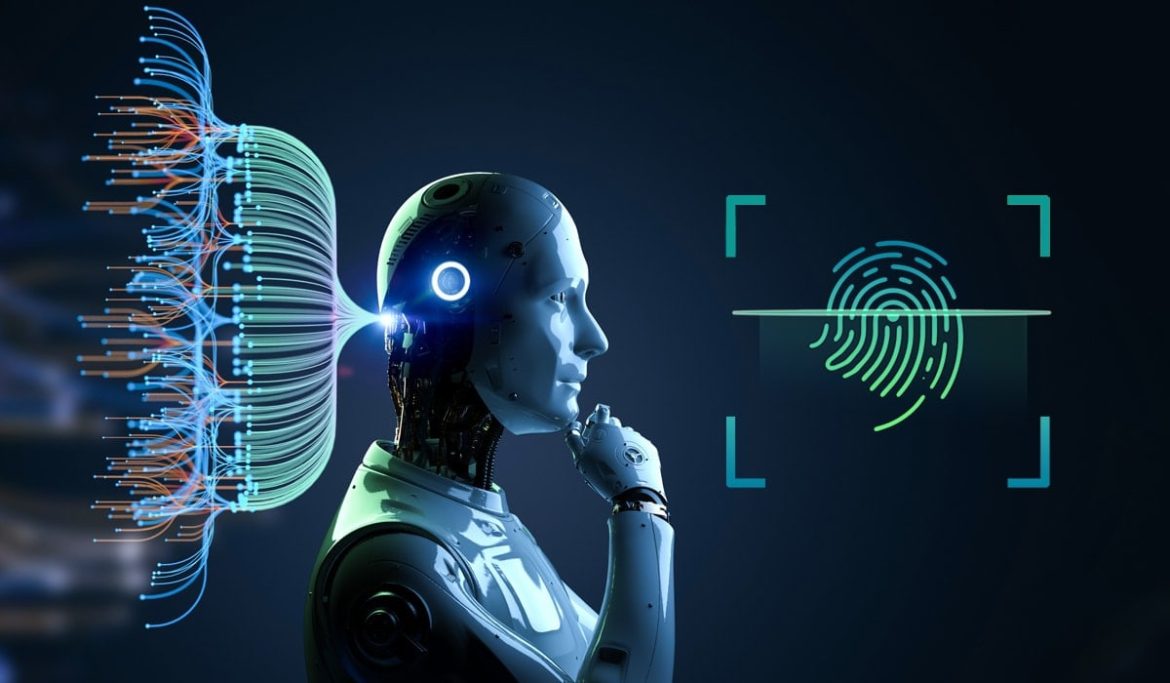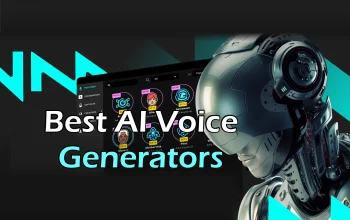
Artificial Intelligence (AI) has emerged as a transformative technology with the potential to address some of the most pressing challenges facing humanity. From healthcare and climate change to education and agriculture, AI-driven projects are making significant strides in creating solutions that were once considered science fiction. Here, we explore the top five AI projects that are leading the charge in solving world problems.
Table of Contents
1. Google DeepMind: Revolutionizing Healthcare
Overview:
Google DeepMind, a subsidiary of Alphabet Inc., is at the forefront of AI research and its application in various fields, particularly healthcare. DeepMind’s mission is to solve intelligence and then use that to solve everything else.
Key Achievements:
- AlphaFold: One of DeepMind’s most groundbreaking projects is AlphaFold, an AI system that predicts protein structures with remarkable accuracy. Understanding protein folding is crucial for various biological and medical applications, including drug discovery and disease treatment.
- Healthcare Diagnostics: DeepMind has also developed AI algorithms for medical diagnostics. For example, its AI system for detecting eye diseases from retinal scans has shown accuracy comparable to leading experts, promising early diagnosis and treatment of conditions like diabetic retinopathy and age-related macular degeneration.
- Predictive Analytics: DeepMind’s AI has been used in predictive analytics to identify patients at risk of acute kidney injury up to 48 hours in advance, allowing for timely intervention and potentially saving lives.
Future Impact:
DeepMind’s innovations in healthcare have the potential to revolutionize the medical field by enabling early detection of diseases, personalizing treatment plans, and significantly improving patient outcomes. As AI continues to evolve, its applications in healthcare will likely expand, offering new solutions to long-standing medical challenges.
2. IBM Watson: Transforming Industries
Overview:
IBM Watson is a suite of AI-powered tools and services designed to analyze large amounts of data and provide insights across various industries. Watson leverages natural language processing, machine learning, and other AI technologies to drive innovation and efficiency.
Key Achievements:
- Healthcare: Watson Health is using AI to help oncologists identify treatment options for cancer patients by analyzing medical literature, clinical trials, and patient data. This helps doctors make more informed decisions and tailor treatments to individual patients.
- Climate Change: IBM’s AI for environmental solutions includes projects like the Green Horizon Project, which uses AI to predict and manage air pollution. By analyzing weather data, emissions, and other variables, Watson helps cities and governments create more effective pollution control strategies.
- Business Optimization: Watson is used in various industries, including finance, retail, and manufacturing, to optimize operations, improve customer service, and enhance decision-making processes. For example, Watson’s AI-driven analytics can help retailers predict inventory needs, reducing waste and improving supply chain efficiency.
Future Impact:
IBM Watson’s versatile AI applications have the potential to drive significant improvements across multiple sectors, from enhancing patient care and environmental protection to optimizing business operations. By harnessing the power of AI, Watson is poised to continue transforming industries and addressing global challenges.
3. Microsoft AI for Earth: Combatting Environmental Issues
Overview:
Microsoft’s AI for Earth initiative focuses on applying AI to solve environmental challenges related to climate change, agriculture, biodiversity, and water. The program provides AI tools, cloud resources, and grants to organizations working on environmental sustainability.
Key Achievements:
- Climate Modeling: AI for Earth supports projects that use AI to improve climate models, making predictions more accurate and providing valuable insights for policymakers and researchers. Enhanced climate modeling helps in understanding and mitigating the effects of climate change.
- Precision Agriculture: AI is being used to analyze data from satellite imagery, drones, and sensors to optimize agricultural practices. This includes predicting crop yields, monitoring soil health, and managing resources more efficiently, ultimately leading to increased food production and sustainability.
- Biodiversity Conservation: AI for Earth supports efforts to monitor and protect biodiversity. For example, AI algorithms can analyze camera trap images to track wildlife populations and identify species at risk, aiding conservation efforts.
Future Impact:
By leveraging AI, Microsoft AI for Earth is empowering researchers and organizations to tackle environmental issues more effectively. The initiative’s focus on sustainability ensures that AI technologies contribute to the preservation of our planet for future generations.
4. OpenAI: Advancing AI Research for Good
Overview:
OpenAI is an AI research organization dedicated to ensuring that artificial general intelligence (AGI) benefits all of humanity. OpenAI conducts cutting-edge research and develops AI technologies with a focus on safety and ethical considerations.
Key Achievements:
- GPT-3: OpenAI’s Generative Pre-trained Transformer 3 (GPT-3) is one of the most advanced natural language processing models. It can generate human-like text, enabling applications in education, content creation, and customer service. GPT-3’s capabilities demonstrate the potential of AI to enhance communication and information dissemination.
- AI Safety Research: OpenAI places a strong emphasis on AI safety and ethics. It conducts research to understand and mitigate the risks associated with advanced AI systems, ensuring that AI development aligns with human values and priorities.
- Collaborative Initiatives: OpenAI collaborates with other research institutions and organizations to advance AI research responsibly. These collaborations aim to address global challenges and ensure that AI technologies are developed and deployed ethically.
Future Impact:
OpenAI’s commitment to advancing AI research with a focus on safety and ethics sets a benchmark for the industry. Its innovations, such as GPT-3, have the potential to transform various sectors while ensuring that AI technologies are used for the greater good.
5. XPrize Foundation: Crowdsourcing AI Solutions
Overview:
The XPrize Foundation runs competitions to encourage innovation and solve global challenges using AI and other technologies. By incentivizing creativity and collaboration, XPrize aims to accelerate the development of solutions to some of the world’s most pressing problems.
Key Achievements:
- AI for Good Initiative: The AI for Good XPrize challenged teams to develop AI solutions that address issues like climate change, health, education, and economic inequality. The competition has led to the creation of numerous innovative projects with the potential for significant impact.
- Global Learning XPrize: This competition aimed to improve education for children in developing countries. Teams developed AI-driven educational software that allows children to teach themselves basic literacy and numeracy skills. The winning solutions are now being deployed to help millions of children gain access to quality education.
- Pandemic Response: In response to the COVID-19 pandemic, XPrize launched competitions to develop AI tools for pandemic prediction, diagnostics, and response. These initiatives have accelerated the creation of technologies that can help manage and mitigate the impact of future pandemics.
Future Impact:
XPrize’s crowdsourcing approach to innovation leverages the collective intelligence of global teams to tackle complex challenges. By fostering competition and collaboration, XPrize drives the development of breakthrough solutions that have the potential to create lasting positive change.
Conclusion
The top five AI projects highlighted here showcase the immense potential of artificial intelligence to solve global problems. From revolutionizing healthcare and combatting climate change to advancing research and fostering innovation, these projects demonstrate how AI can be a powerful tool for positive change. As AI technology continues to evolve, its applications will undoubtedly expand, offering new solutions to some of humanity’s most significant challenges. By harnessing the power of AI, we can work towards a future where technology enhances human well-being and creates a more sustainable, equitable world.


